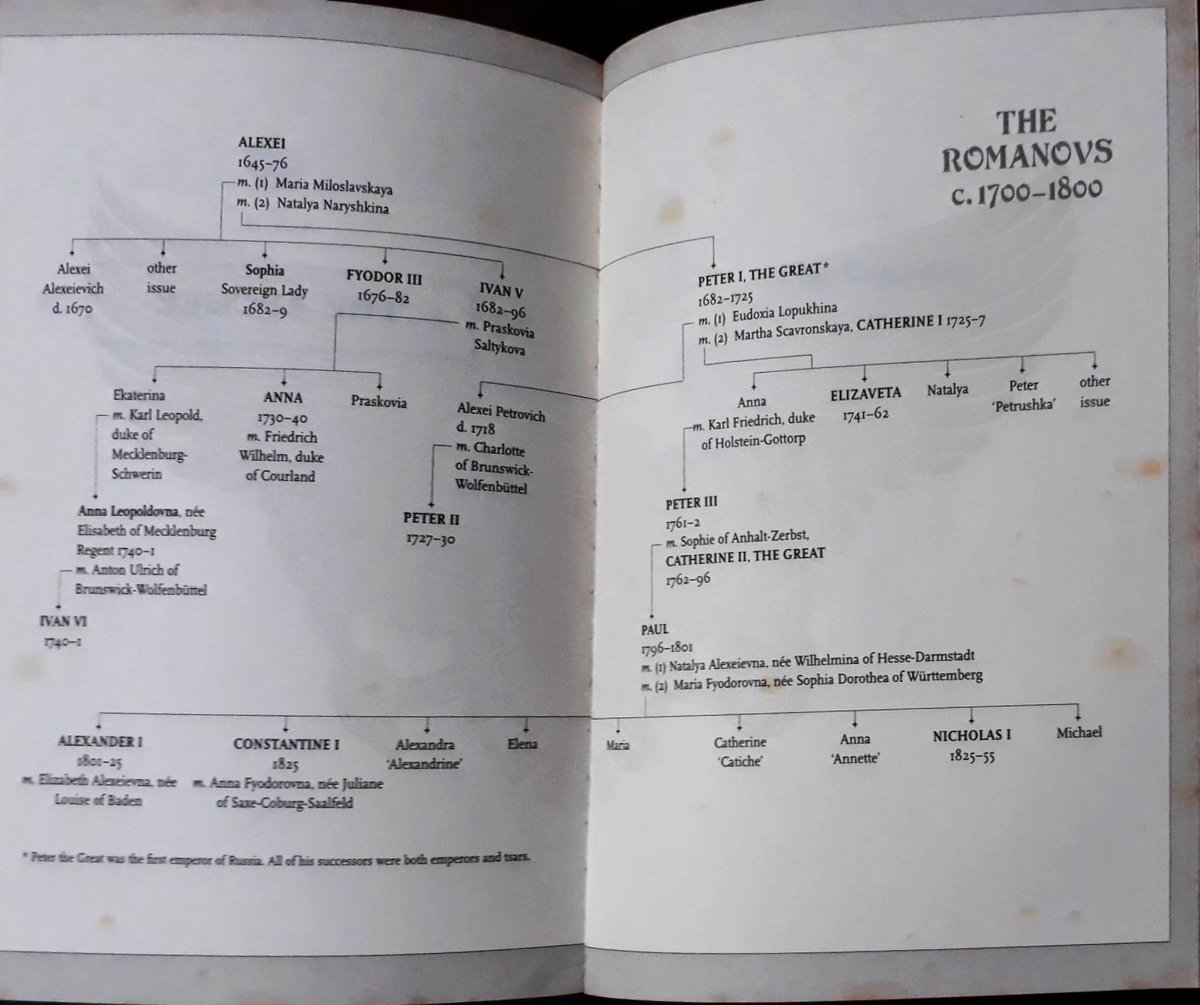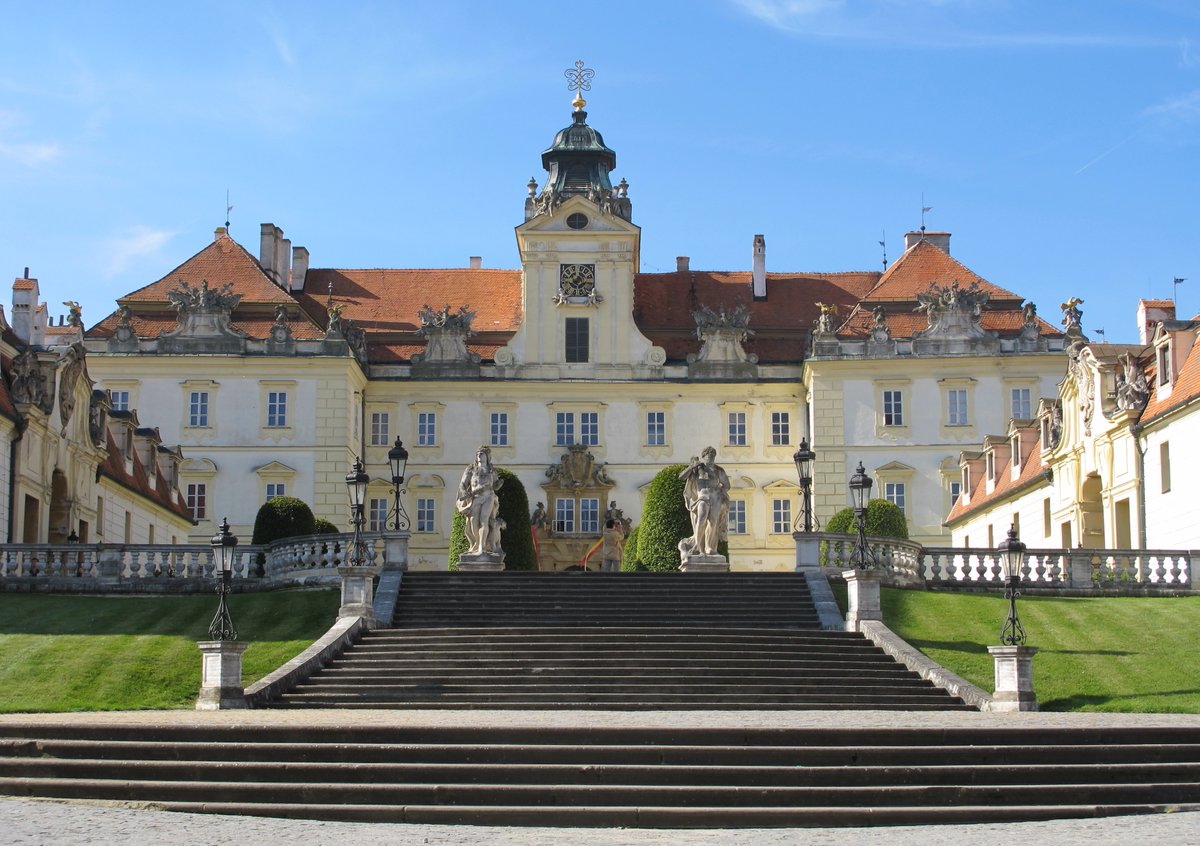
A young noble forced on to the throne of his dead cousin, in a country facing a mighty invasion; to be a figurehead to unite and lead its people. But he will live to tell the story and create the seed for one of the most powerful nations in the world.
Story in the evening ...
Story in the evening ...
https://twitter.com/Arby_K/status/1319462694311751680
Mikhail Fedorovich was born in 1596, when his father's cousin Fedor Ioannovich was Tsar of Russia. Tsar Fedor was also the last of the Moscow line of Rurikids. His death in 1598 led to a power vacuum. For the first time after centuries a non Rurikid would be ruling the Rus. 1/10 

Fedor's brother in law, Boris Godunov, would be elected as Tsar. Seeing a potential threat, the new Tsar would compel Mikhail's father, Fedor Nikitich, who was also the nephew of the former Tsarina, to take monastic vows and confine him to a monastery far away from Moscow. 2/10 

Boris would find a rival though, from an unlikely source, someone who claimed to be the brother of Tsar Fedor, a brother who had died in 1591. False (First of many) Dmitry would kick out the Godunovs in 1605. By 1606, Mikhail's father would be rehabilitated as well. 3/10 

Mikhail's father would be appointed Patriarch of Moscow, heading the Russian Orthodox Church. Russia like now was largely Orthodox. But the Catholic King of Poland Sigismund had his own ideas. 4/10 

Sigismund had been elected King of Poland & Grand Duke of Lithuania in 1587. Coming from the Swedish royal family, he also inherited Sweden in 1592, but would be deposed in 1599, since Sweden was not Catholic. But with instability in Russia, he would look to take Russia. 5/10 

By 1610 the Polish king had taken Moscow and imprisoned the Patriarch. Though the Rus had retaken Moscow by 1612, fighting would continue. Russia needed a new leader. As the closest surviving and available relative of the Moscow Rurikids, Mikhail was the main contender. 6/10 

The war between Poland and Russia would end formally in 1619. The Poland-Lithuania Commonwealth would end the war as the most populous European nation, but Mikhail would manage to stabilize his rule in Russia, guided by his father, now free from prison. 7/10 

Mikhail's dynasty would take Russia to greater heights, but the main line would end in 1762. The German family that inherited the title would retain their name as well go on to create the largest country in the world today. 8/10 

As Russia grew, Poland would shrink. Three partitions in the eighteenth century by its neighbours would leave Poland cut down to size. 9/10 

Mikhail's dynasty would be called after Romanovs, taking the name from Nikita Romanovich, Mikhail's grandfather and Empress Anastasia Romanovna, Nikita's sister.
Incidentally, @simonmontefiore has an excellent overview of the Romanovs. amazon.com/Romanovs-1613-… 10/10
Incidentally, @simonmontefiore has an excellent overview of the Romanovs. amazon.com/Romanovs-1613-… 10/10
• • •
Missing some Tweet in this thread? You can try to
force a refresh














